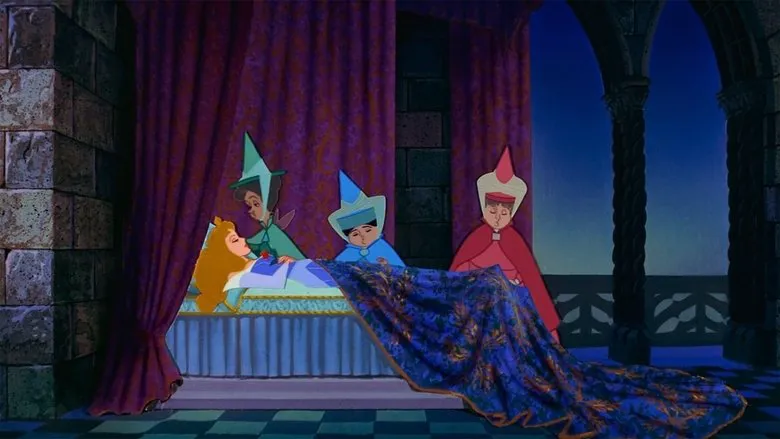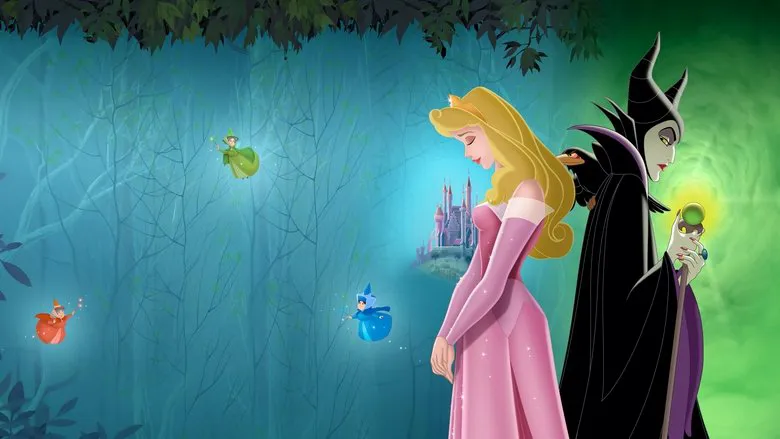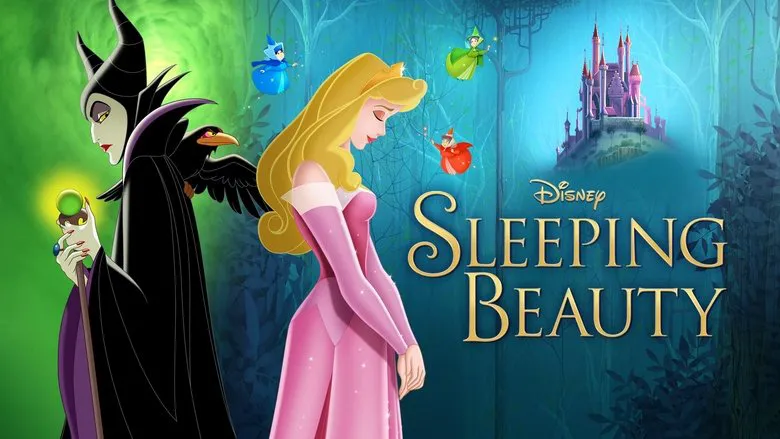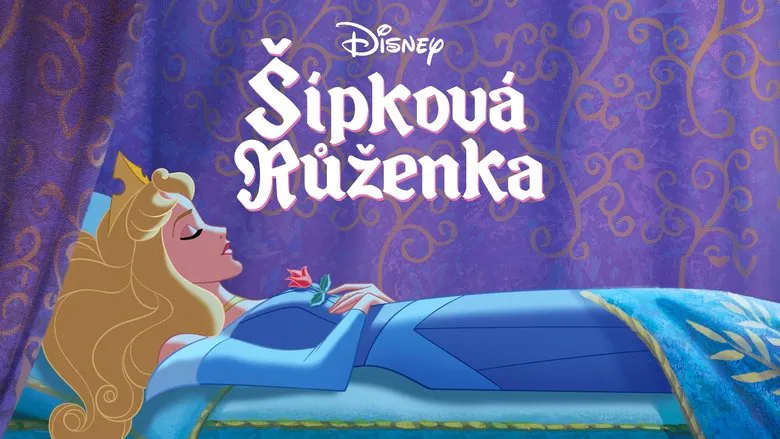Sleeping Beauty: A Chilling Portrait of Isolation
“Sleeping Beauty” plunges viewers into the enigmatic world of Lucy (portrayed by Emily Browning), a university student whose daytime existence is a monotonous litany of photocopying, participating in obscure medical experiments, and sporadic lecture attendance. This mundane routine starkly contrasts with the mysterious evenings that begin to unfold as she takes on a perplexing new job: an attendant at a secluded mansion catering to an exclusive clientele with an unsettling fascination for young, often unclad, women. The film meticulously draws a line between Lucy’s conventional struggles and the eerie, ritualistic realm she enters, underscoring a creeping sense of detachment that pervades her life.

The initial allure of “Sleeping Beauty” was undoubtedly ignited by its captivating trailer. It promised a cold, intriguing cinematic experience, boosted by the prominent endorsement “Jane Campion presents,” and featuring the almost ethereal, porcelain-like visage of Emily Browning. Regrettably, much of the film’s magnetic appeal and best qualities seemed to be distilled into that minute-and-a-half preview, which, while undeniably excellent in its presentation, perhaps set an expectation the full feature could not entirely sustain.

A Descent into the Underworld of Desires
Lucy’s new employment sees her taking on the role of a waitress within a clandestine establishment discreetly catering to very specific desires. Here, young women, sparingly clad in lingerie or less, serve elaborate dinners and offer whiskies to a succession of impeccably groomed older gentlemen. The atmosphere is quiet, almost reverent, as if part of a silent, unsettling ritual.
The true turning point arrives when Lucy is invited to ascend to the “next level” of service. This new role demands unquestioning submission: she must ingest a mild narcotic, ensuring deep, dreamless sleep within a lavish bedroom, with the cardinal rule being absolute silence and an absence of inquiry. It’s a progression from passive observation to complete vulnerability, where consciousness is exchanged for complaisance.

Emily Browning delivers a nuanced performance that captures Lucy’s eerie detachment and burgeoning self-disregard. While her character might at times seem off-putting in her passivity and lack of emotional expression, Browning consistently commands attention, effectively embodying the increasingly isolated core of the protagonist. Her porcelain beauty, ironically, makes her an ideal canvas for the film’s themes of objectification.

The Enigmatic Weaving of Julia Leigh
Yet, beyond the compelling and deeply unsettling portrayal of Lucy’s nocturnal life, director Julia Leigh’s directorial debut ventures into other, less defined facets of her existence. Much of the narrative remains deliberately vague, leaving motivations, connections, and indeed, the very identities of ancillary characters frustratingly unclear. Questions linger: Why is Lucy engaging in these acts? What is the larger design? Who are these peripheral figures that drift in and out of her isolated world? Are they extensions of her loneliness, or merely a reflection of her apathy?

Leigh exhibits an elegant, almost surgical mastery in obscuring cause-and-effect relationships throughout the film. Consequently, “Sleeping Beauty” often feels more like a series of unsettling impressions than a cohesive narrative, leaving audiences with many more questions than answers. The film seems to deliberately withhold context, as if posing such questions is somehow inappropriate or beside the point, leaving one to wonder if the audience is simply missing the intended subtlety. Perhaps, the film suggests, the beauty lies in the ambiguity, the emptiness.

Ultimately, “Sleeping Beauty” is a remarkably well-crafted, albeit chilling, exploration of themes like loneliness, emotional coldness, and the disturbing reduction of women to mere commodities. The film, like its protagonist, deliberately appears self-contained, a smoothed, impenetrable glass sphere that reflects but offers no transparency. It steadfastly refuses to offer convenient explanations or profound insights, delivering a stark, uncomfortable reality. “No,” the film seems to declare, “there was no intention to convey a grand message. Just get dressed and collect your envelope, my dear. Why? For no reason at all.” This unsettling finality reinforces the film’s core message: sometimes, the bleak reality is simply that some things just are, void of deeper meaning or emotional reson.
